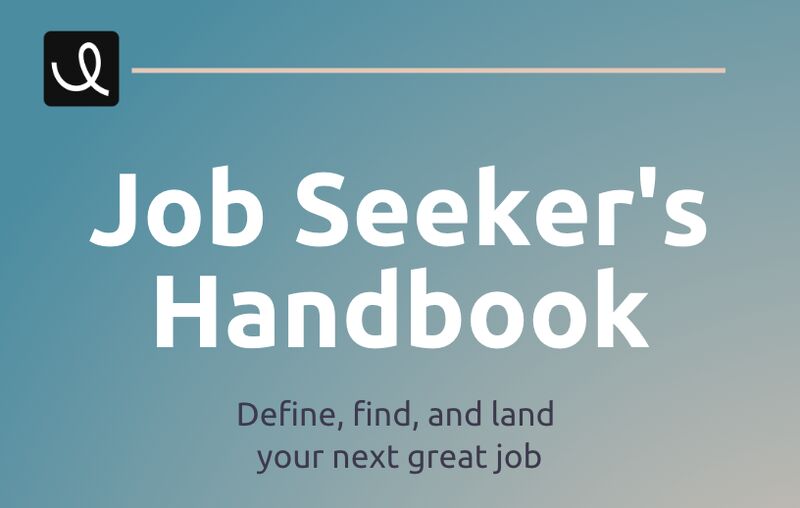
The Job Seeker’s Handbook serves as a comprehensive guide to navigating the job search process effectively and maximizing your chances of securing rewarding employment opportunities. Here’s an overview of the essential information and resources it covers:
Self-Assessment and Career Planning:
Assess your skills, strengths, interests, values, and career goals to determine your ideal career path. Explore different industries, roles, and job functions that align with your qualifications and aspirations. Set clear objectives and develop a strategic plan to achieve them.
Job Search Strategies and Techniques:
Learn effective job search strategies and techniques to uncover hidden job opportunities and maximize your chances of success. Utilize online job boards, professional networking platforms, company career pages, recruitment agencies, and job fairs to identify and apply for relevant job openings.
Resume Writing and Cover Letter Tips:
Craft a compelling resume and cover letter that showcases your qualifications, experiences, and achievements. Tailor your application materials to each job opportunity and highlight your relevant skills and accomplishments. Use keywords and action verbs to optimize your resume for applicant tracking systems (ATS).
Networking and Personal Branding:
Build and leverage your professional network to expand your job search reach and gain referrals. Connect with colleagues, mentors, alumni, industry professionals, and recruiters through networking events, social media platforms, and informational interviews. Develop a strong personal brand that reflects your expertise, credibility, and value proposition.
Interview Preparation and Techniques:
Prepare thoroughly for job interviews by researching the company, industry, and job role. Practice common interview questions, develop compelling responses, and rehearse your elevator pitch. Demonstrate professionalism, enthusiasm, and confidence during interviews, and ask insightful questions to assess fit and compatibility.
Negotiating Job Offers and Salary:
Evaluate job offers carefully, considering factors such as compensation, benefits, career advancement opportunities, and work-life balance. Negotiate salary and other terms of employment respectfully and professionally, based on industry standards, market value, and your qualifications.
Professional Development and Skill-Building:
Invest in continuous learning, professional development, and skill-building to enhance your qualifications and stay competitive in the job market. Pursue additional certifications, training programs, or educational opportunities to expand your knowledge and expertise in your field.
Managing Job Search Stress and Rejection:
Deal with job search stress, rejection, and setbacks effectively by maintaining a positive attitude, seeking support from friends and family, and practicing self-care and resilience. Stay focused on your goals, stay persistent, and remain adaptable in the face of challenges.
Transitioning to Remote Work:
Adapt to the changing landscape of remote work by developing the necessary skills and habits to succeed in a virtual work environment. Familiarize yourself with remote collaboration tools, communication platforms, and time management techniques to optimize your productivity and performance.
Legal and Ethical Considerations:
Familiarize yourself with legal and ethical considerations related to the job search process, including discrimination laws, privacy rights, and confidentiality agreements. Ensure that your job search activities comply with relevant regulations and ethical standards.
The Job Seeker’s Handbook provides comprehensive guidance, practical tips, and actionable advice to help you navigate every step of the job search process with confidence and professionalism. Use it as a valuable resource to empower yourself and achieve your career goals effectively.